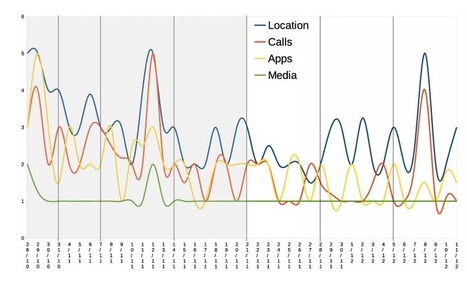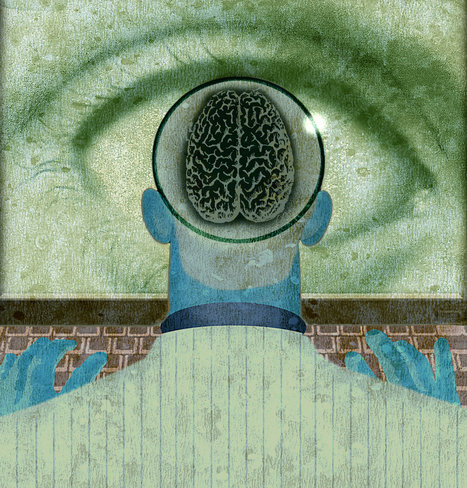For many people in today’s world, being “online” has become a constant status. High-speed internet, smart phones and tablet PC’s have enabled us to stay connected whenever and wherever we are.
Social hackers capitalize on vulnerabilities when it comes to keeping personal details private, and the problem has only seemed to get worse as the digital age has developed.
Techniques as simple as looking over a shoulder as someone enters bank details or passwords are often used, as well as sending out deceiving emails ridden with malware and viruses that can take control of your computer. Hackers pose as a trusted entity in email blasts that utilize mind tricks to get the viewer to click on the link that will trigger the infection of your computer.
Everyone with an internet connection is vulnerable, and public awareness is the first step in ending this growing problem...
Via
Lauren Moss



 Your new post is loading...
Your new post is loading...










![13 Million Facebook Users Haven't Touched Their Privacy Settings [Infographic] | Didactics and Technology in Education | Scoop.it](https://img.scoop.it/-yhuguPSZMrbYpn4lkcsNTl72eJkfbmt4t8yenImKBVvK0kTmF0xjctABnaLJIm9)





![How and Why Social Engineering Works [Infographic] | Didactics and Technology in Education | Scoop.it](https://img.scoop.it/QtLbAgVlKNsfD2jiybHzuTl72eJkfbmt4t8yenImKBVvK0kTmF0xjctABnaLJIm9)
![Managing Mobile Privacy | Security Intelligence Blog [Infographic] | Didactics and Technology in Education | Scoop.it](https://img.scoop.it/m8EBNAOuN5Zr7PdORj8fTDl72eJkfbmt4t8yenImKBVvK0kTmF0xjctABnaLJIm9)















Learn more:
- https://gustmees.wordpress.com/2013/12/21/privacy-in-the-digital-world-shouldnt-we-talk-about-it/